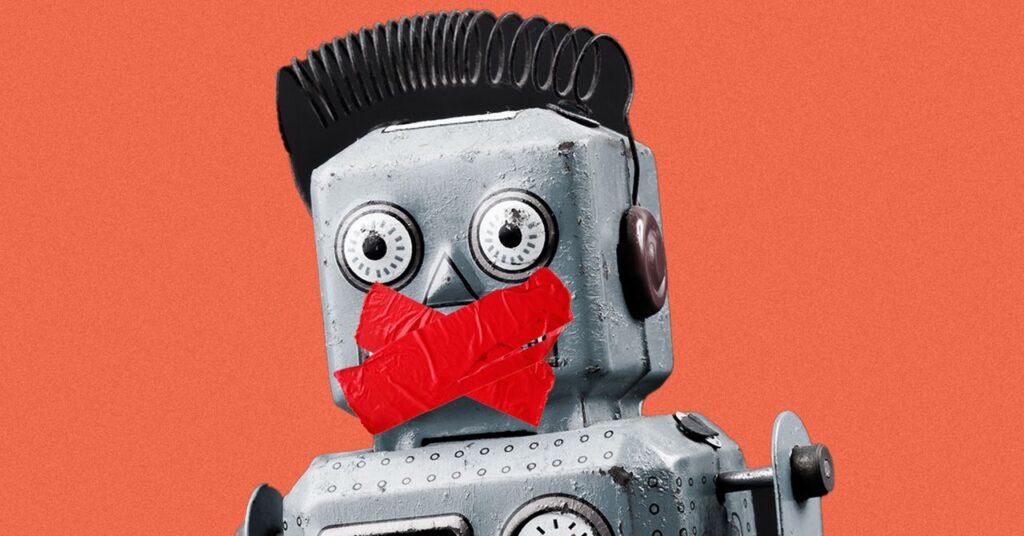Is prepared anthropic To repopulate conversations, users have their Claude Chatbot as training data for their large -language models, unless users choose.
Previously, the company did not formed its generative IA models in user chats. When anthropic privacy policy updates on October 8 begin to allow it, users will need to eliminate -or their new chat records and coding tasks will be used to form future anthropic models.
Why change? “All large language models, such as Claude, are formed with large amounts of data,” reads part of the Anthropic Block, which explains why the company changed this policy. “Real world interactions data provide valuable information on which answers are most useful and precise to users.” With more user data launched in the Blender LLM, Anthropic developers expect to make a better version of their chat over time.
The change was originally scheduled on September 28 before being receded. “We wanted to give users longer to review this choice and ensure that we have a fluid technical transition,” said Gabby Curtis, anthropic spokesman, in an email to Wired.
How to opt
New users are asked to make a decision on their chat data during the registration process. It is possible that existing Claude users have already found a pop-up that exposes changes in anthropic terms.
“It allows the use of chats and coding sessions to form and improve anthropic ai models,” he says. The switch to provide your data to Anthropic to train Claude automatically lights, so that users who chose to accept updates without clicking that Toggle chooses the new training policy.
All users can change conversation training or disabled them below Settings of Privacy. Under the setting that is labeled Help improve ClaudeEnsure -you switch is turned off and left if you prefer not to have your Claude chats when forming the new Anthropic models.
If a user does not opt for the formation of the model, the changed training policy covers all new and reviewed chats. This means that Anthropic is not automatically forming his next model in your entire chat story, unless you re -enter the files and reign an old thread. After the interaction, the chat and game is now reopened for future workouts.
The new privacy policy also comes with an expansion in Anthropic data retention policies. Anthropic increased the amount of time in the data of the 30 -day user in most situations to five more extensive years, whether or not users allow or not to form the model in their conversations.
Anthropic change in terms applies to free and paid commercial users users. Commercial users, such as the graduates through the Government or the educational plans, are not affected by the change and conversations of these users will not be used as part of the training of the company model.
Claude is a preferred AI tool for some software developers who have stuck their skills as a coding assistant. Since updating the privacy policy includes coding projects and Chat records, Anthropic could collect a significant amount of coding information for training purposes with this switch.
Prior to updating its Anthropic Privacy Policy, Claude was one of the only main Chatbots to use Talks for LLM training automatically. In comparison, the default settings for both Openai and Personal Accounts of Openai and Google for Personal Accounts includes the possibility of training of the model, unless the user decides to disable.
See the full Wired guide for the Training options of the IA for more services where you can request the generative IA that is not formed in the user’s data. Although the option of opting for data training is an advantage for personal privacy, especially when it comes to chatbot conversations or other individualized interactions, it is worth noting that anything that publicly publishes online, from social media publications to restaurant reviews, they will probably be squads for some training material for their next ai giant model.



